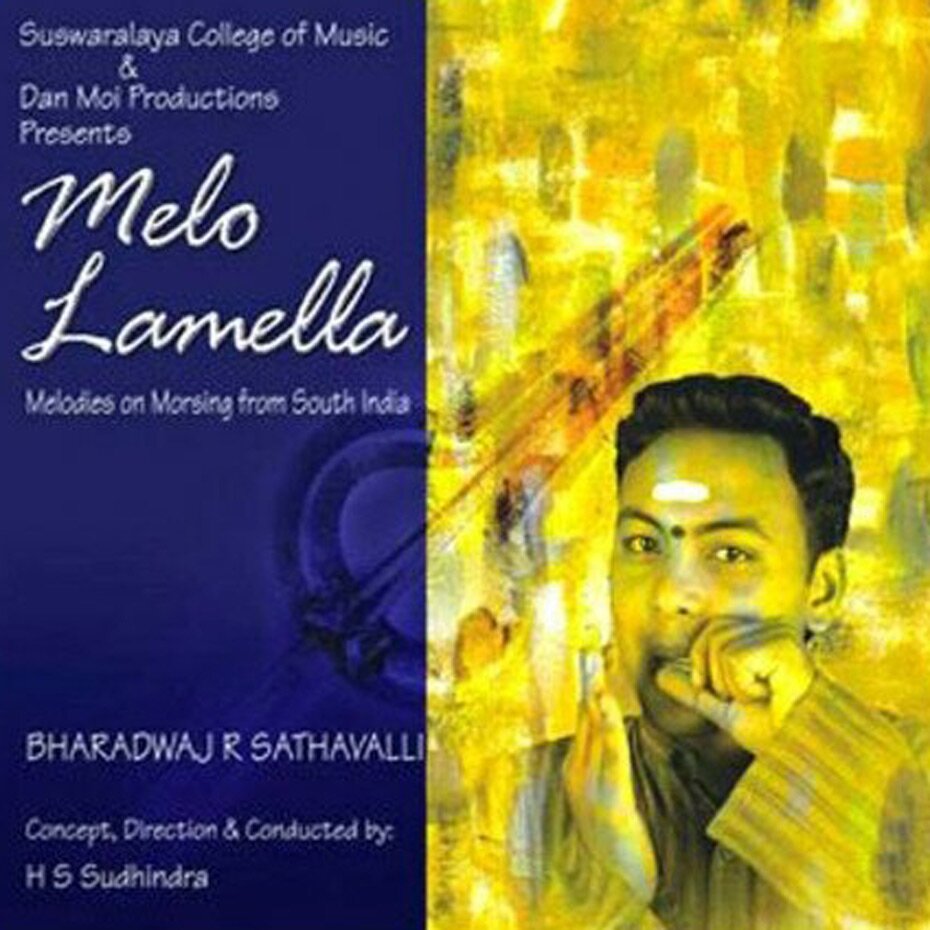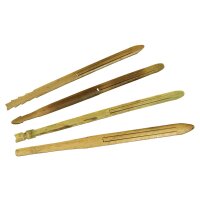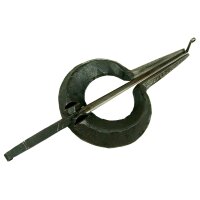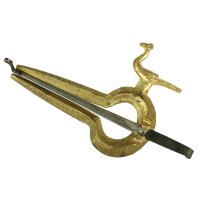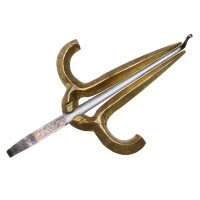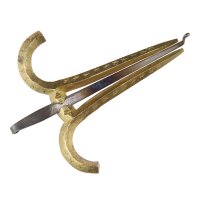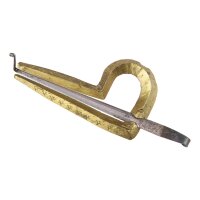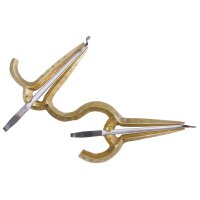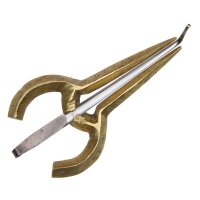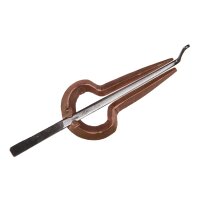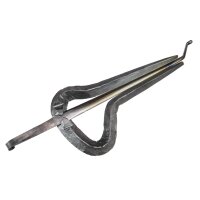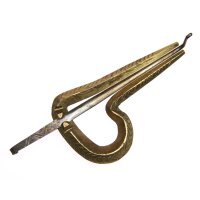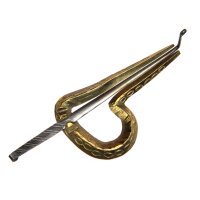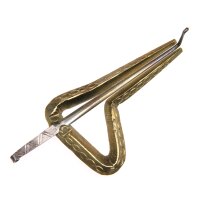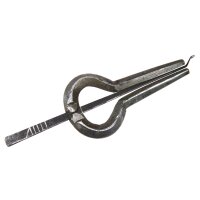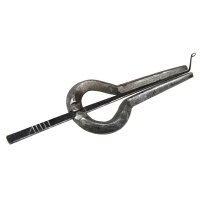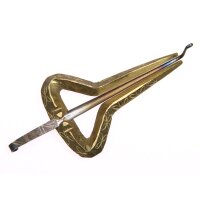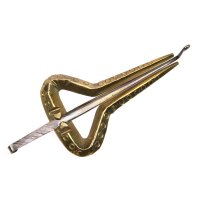Asia is a continent with an extraordinary variety of Jew's harps. Comparatively speaking, we in Europe know very little about the use of the Jew's harp in South Asia, in Pakistan, Nepal and India. But there, too, one can discover a lively Jew's harp culture. Not least thanks to the musician Neptune Chapotin. The World Mouth Harp Festival in Goa provides a platform for Jew's harp music in India, which was first organised by Neptune Chapotin in 2013. In recent years, musicians from Bangalore in southern India were guests at the festival, as were those from the provinces of Rajasthan and Gujarat.
In Bangalore, in southern India there is a lively scene full of many moorsing players. The moorsing (also sometimes written as morsing, mursing or moursing) is not only played as a solo instrument but also in ensembles. "The moorsing is a percussion instrument in the carnatic music of southern India. It is the fifth instrument in the instrumental hierarchy of carnatic music. In this context it is interesting to note that one very seldom sees or hears the moorsing played, although it is one of the main instruments of classical southern Indian music.," says Neptune Chapotin.
The moorsing virtuoso Bharadwaj Sathavalli is one of the best-known instrumentalists from Southern India; in 2003 an album of his entitled "Melo Lamella" was released in Europe by Dan Moi Productions.
Week after week, Neptune Chapotin sells Jew's harps from all over the world at his market stall in Goa. When he tells of this activity, one has the impression he sees the buying and selling of Jew's harps as more as an ambassadorial task than a business one: "I spend the whole night teaching people how to play the Jew's harp. I show the instrument briefly to all those who come to my stall and ask 'what is that' and if I have aroused their interest then I ask them if they would like to try it themselves. People often then say "Oh, no", "I am not a bit talented musically, I can't do that." Then I say, "In 30 seconds I will show it to you". The challenge is completely mine: "My offer is, 'You try it out, learn how to play it and then you can leave; you don't have to buy an instrument.' And when they have learned the basics, I say "Take each one of the Jew's harps here and try it, now that you know how to play the instrument. I'll show you the various techniques and Jew's harps, which one plays with the teeth and those that are played with the lips and I'll show you how to hold them. But most importantly: Enjoy playing! Many people do not buy a Jew's harp at my stall but perhaps they find one in a different part of the world." Chapotin is himself an excellent Jew's harp player, who has developed a really individual style: a mixture of diverse Jew's harp styles among them Yakutia, Norway, Vietnam, Pakistan and India.
In the northern region of India called Assam, the gogona, a bamboo Jew's harp, is played. There are two types of gogonas, one is shorter and thicker, the other longer and thinner. One of the two is the male gogona, the other is the female instrument. The gogona is played in traditional music, but women also wear the gogonas in their hair like a hair pin during traditional dances. The men put the instruments on their costumes for the dance. During the dance the women take their gogonas out of their hair and play the instruments while simultaneously dancing.
In Hindustani music, the classical music of northern India, the Jew's harp is not played. In Rajasthan and Gujarat the Jew's harp is a folk instrument. There it is called the morchang. The travelling musicians of Rajasthan play the morchang The Kutch nomads also play the morchang, e.g. to pass the time while they mind the sheep. A selection of Jew's harp music from Rajasthan was published in the "Le Chant du Monde" series by bei Harmonia Mundi on a record in1984.
